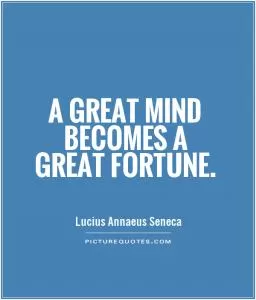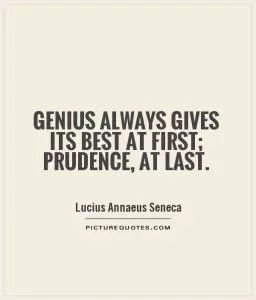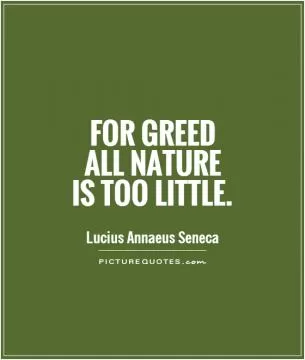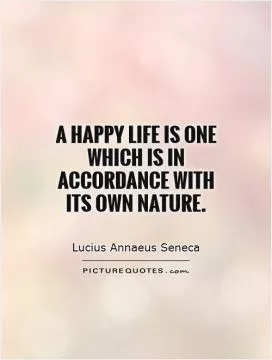It makes a great deal of difference whether one wills not to sin or has not the knowledge to sin

It makes a great deal of difference whether one wills not to sin or has not the knowledge to sin
In the context of the Stoic philosopher Lucius Annaeus Seneca, the statement "It makes a great deal of difference whether one wills not to sin or has not the knowledge to sin" holds significant weight. Seneca believed in the importance of self-control, virtue, and living a life in accordance with reason and nature. He emphasized the importance of understanding the difference between right and wrong, and the importance of making conscious choices to avoid sin.Seneca believed that true wisdom comes from understanding and controlling one's desires and impulses. He argued that ignorance is not an excuse for wrongdoing, as individuals have the capacity to reason and make moral choices. In his work "On Anger," Seneca discusses the destructive nature of anger and the importance of controlling one's emotions. He believed that individuals have the power to choose how they respond to external events and that true strength lies in mastering one's emotions.
For Seneca, the distinction between not willing to sin and not having the knowledge to sin is crucial. He believed that individuals have a moral responsibility to educate themselves and strive for virtue. Ignorance, in Seneca's view, is not an excuse for immoral behavior. He believed that individuals have the capacity to reason and make moral choices, and that true wisdom comes from understanding and controlling one's desires and impulses.
Seneca's teachings on the importance of self-control and virtue are reflected in his own life. Despite facing numerous challenges and setbacks, including exile and political persecution, Seneca remained committed to his principles and lived a life of integrity. He believed that true happiness comes from living in accordance with reason and nature, and that individuals have the power to choose how they respond to external events.












 Friendship Quotes
Friendship Quotes Love Quotes
Love Quotes Life Quotes
Life Quotes Funny Quotes
Funny Quotes Motivational Quotes
Motivational Quotes Inspirational Quotes
Inspirational Quotes